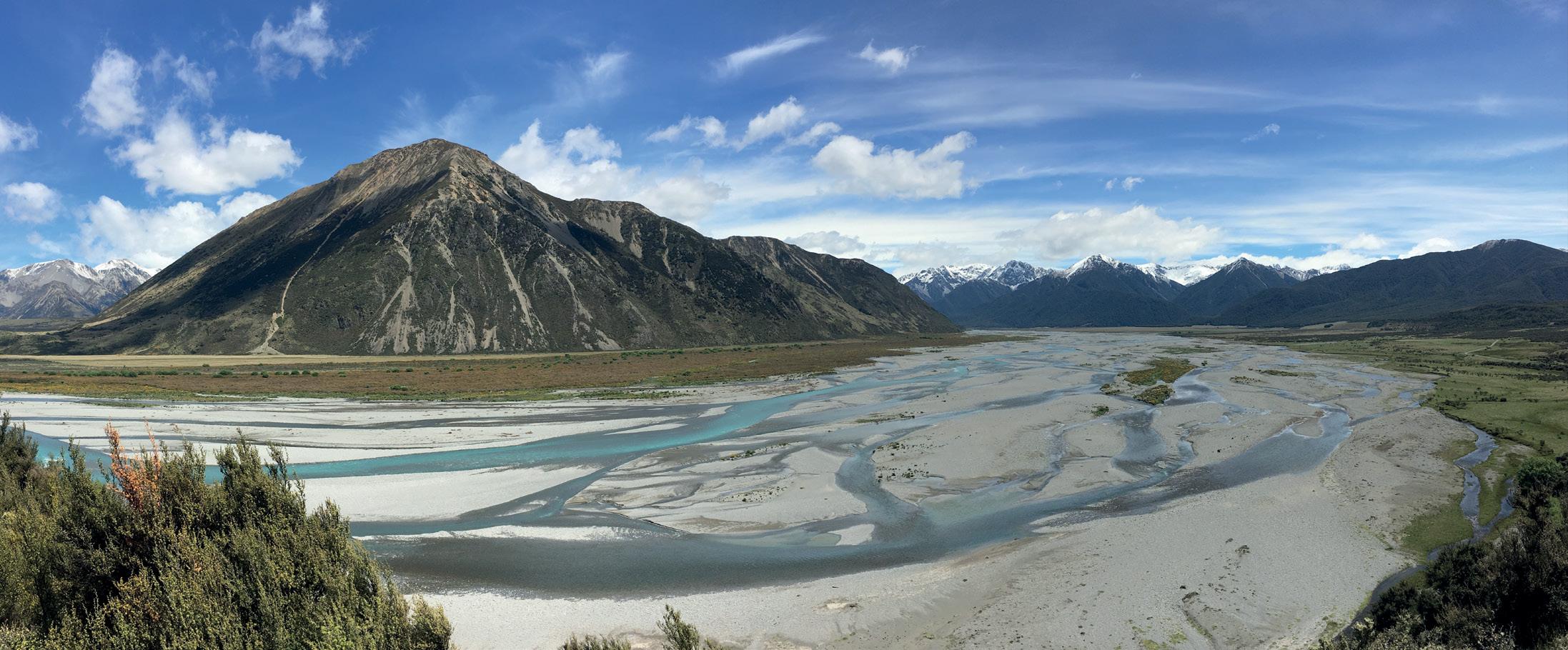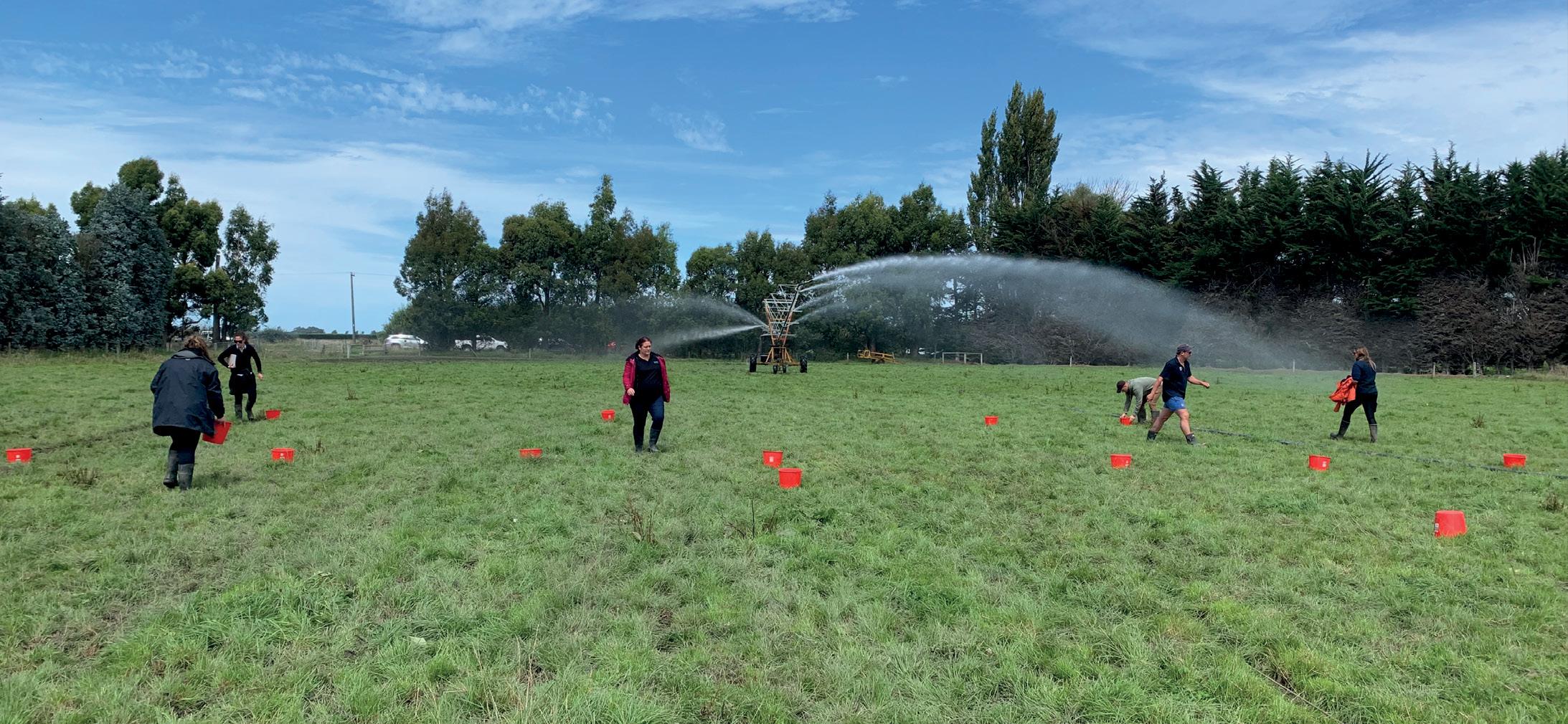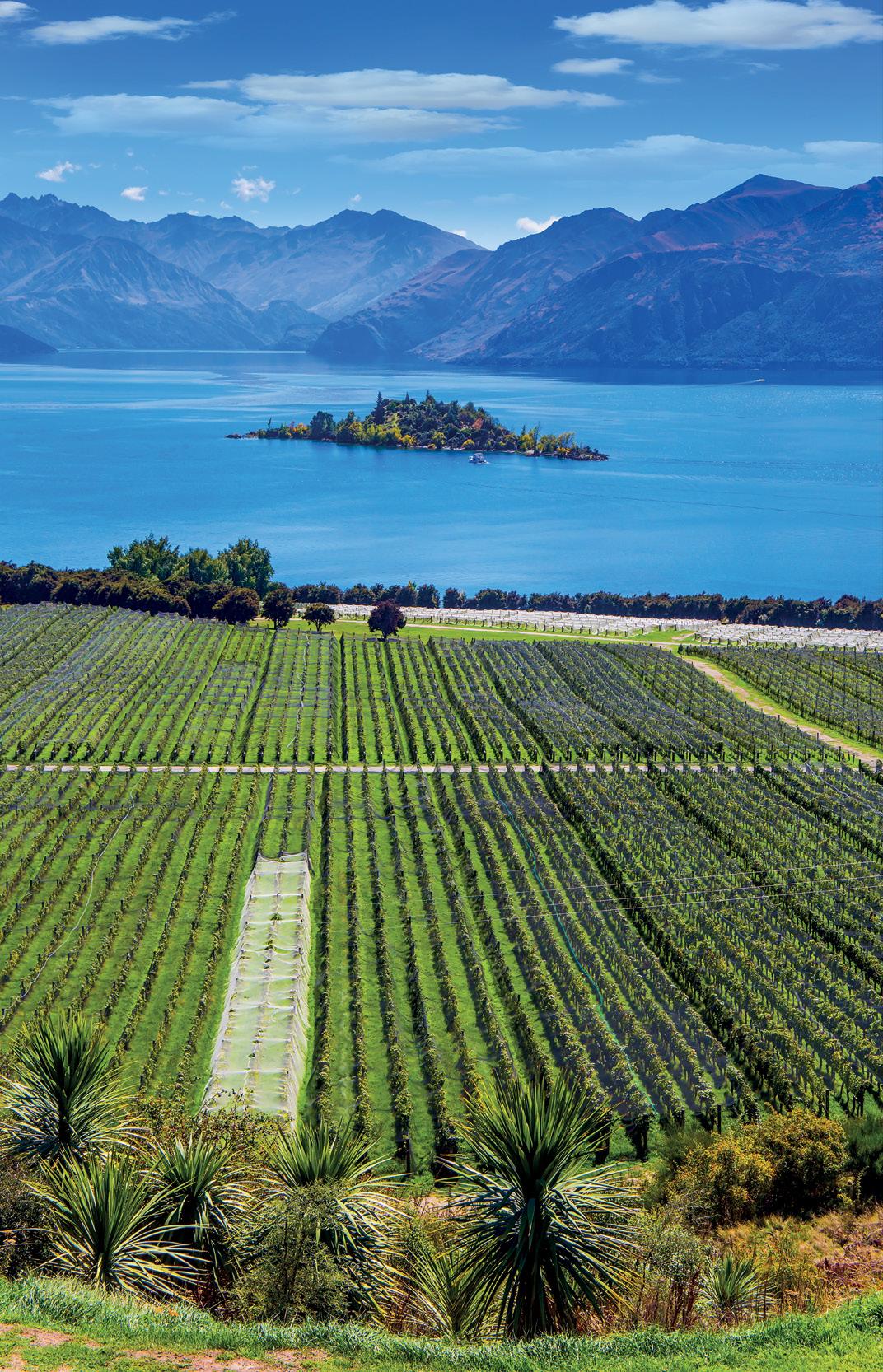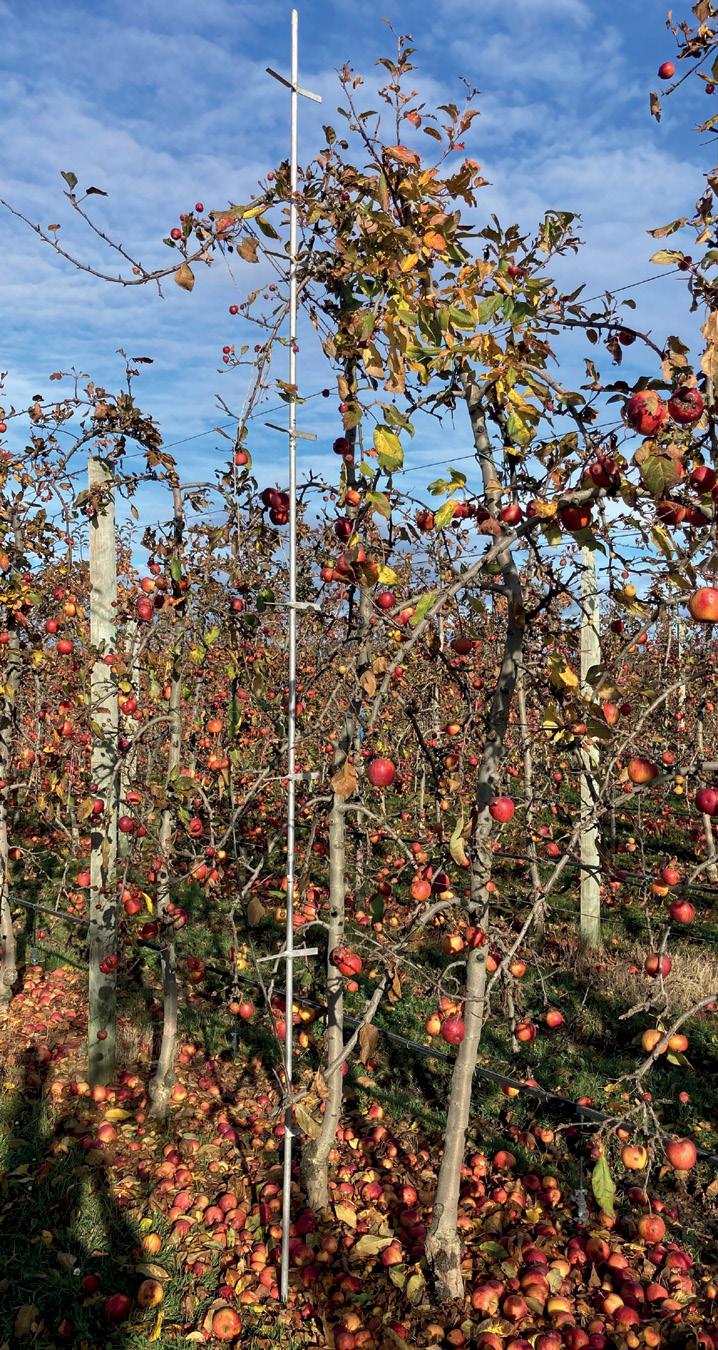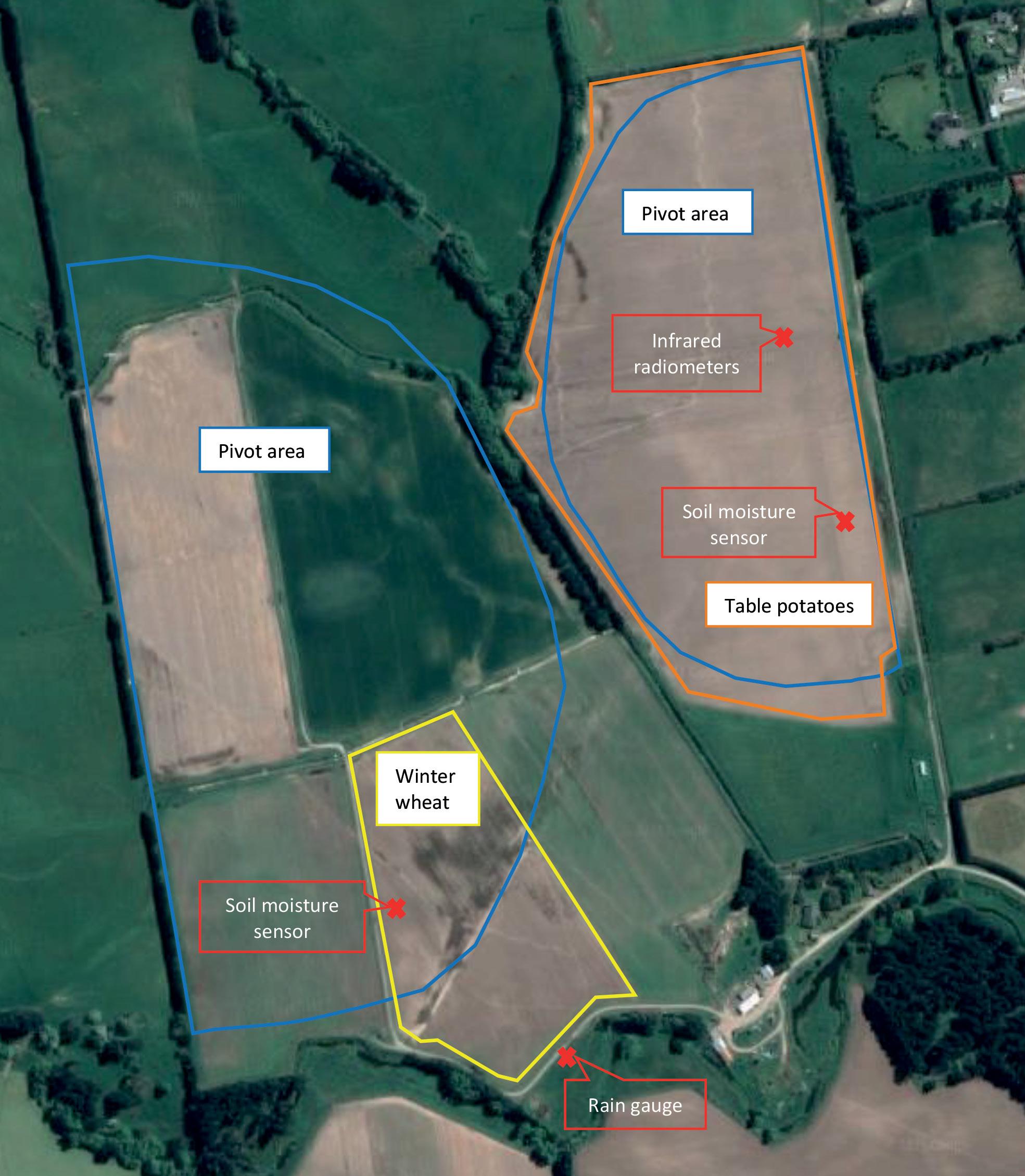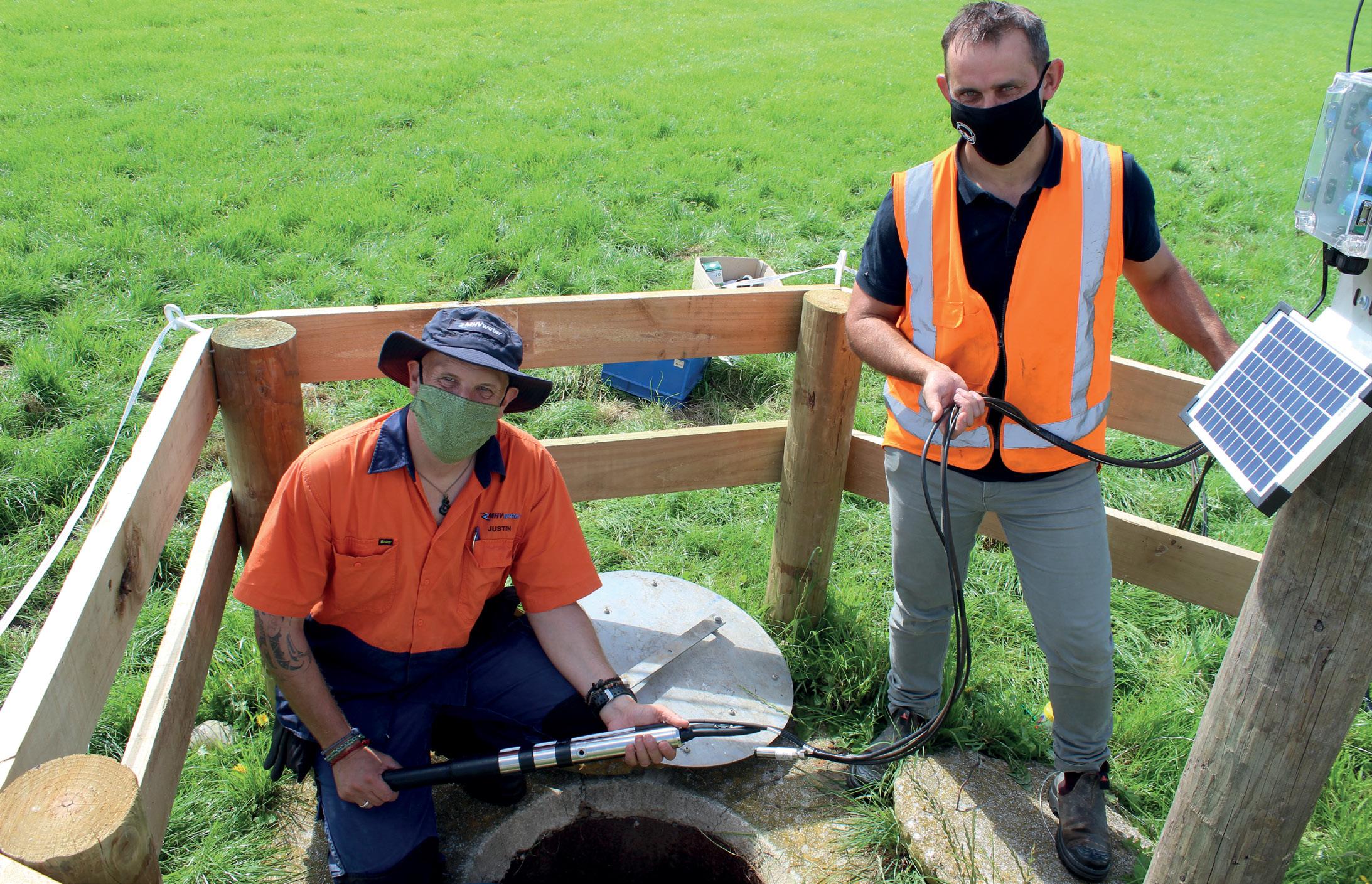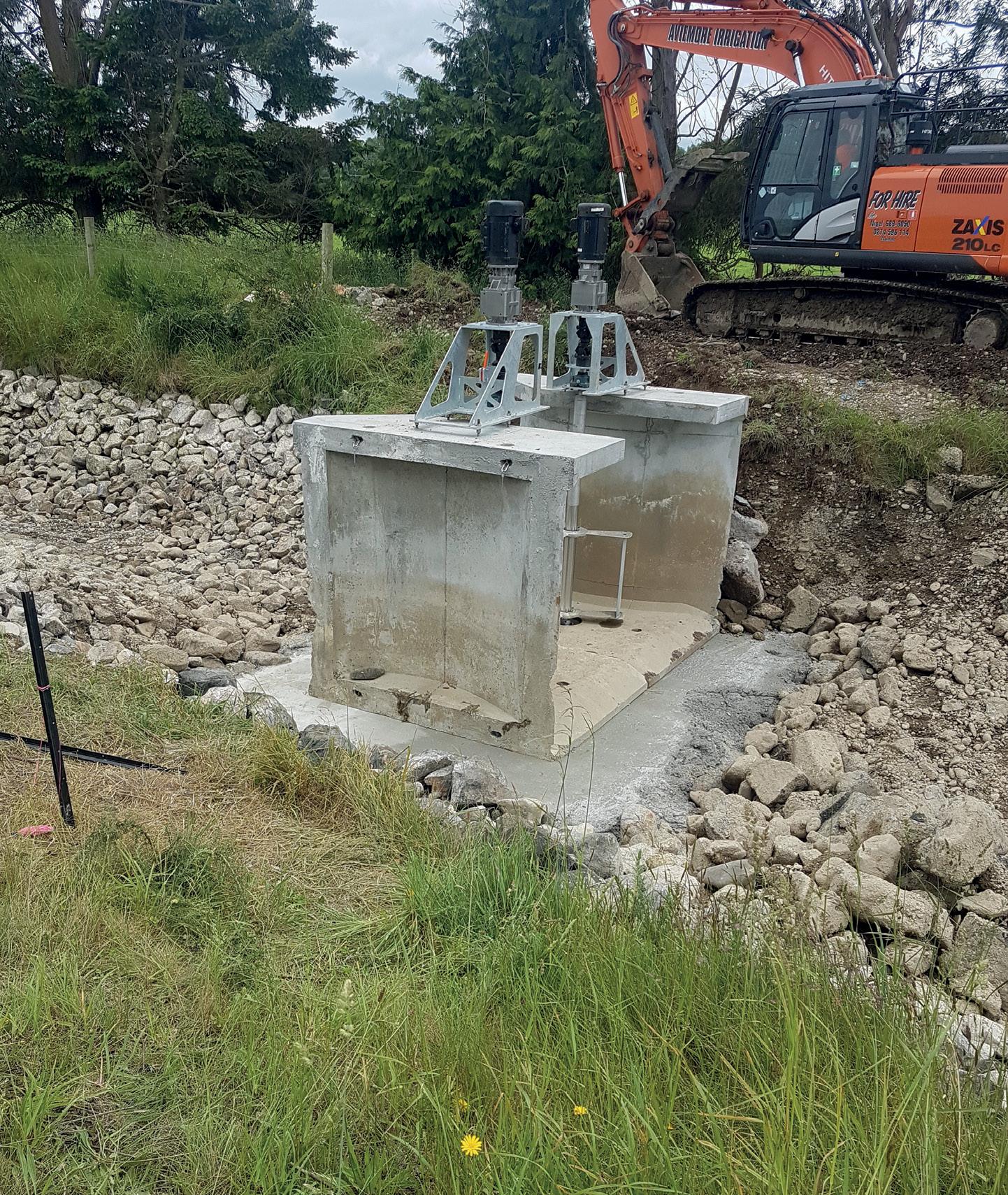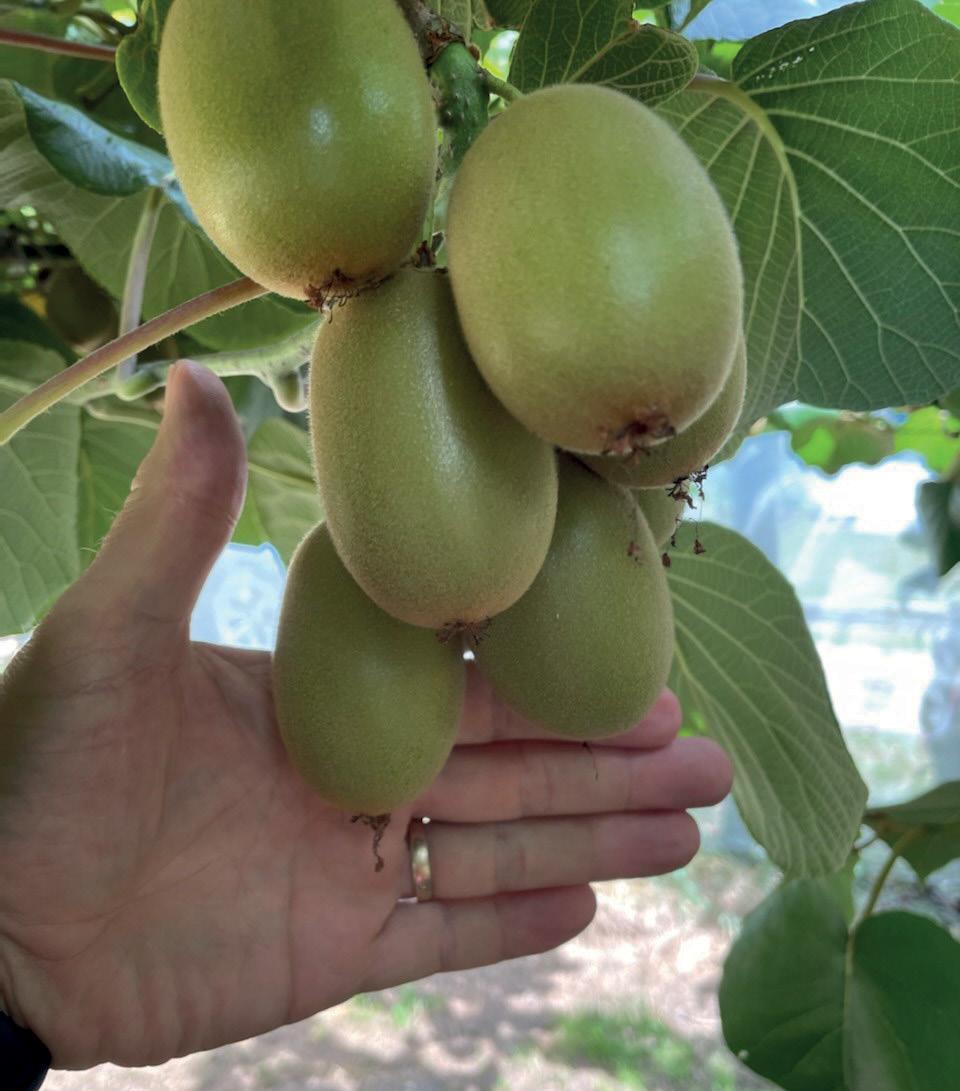
4 minute read
The perfect rose – made with love and water
‘Roses are red’ goes the saying, and irrigation is an integral part of achieving that, according to an Auckland rose grower. And it’s even more important when Valentine’s Day rolls around.
Theo Van Lier and his son, Harry, own Van Lier Nurseries, which is north of Auckland. Across two separate sites, totalling three hectares undercover, they grow 48 different rose varieties and several complementary flower types. Roses are picked and packed every day; up to two million roses a year. Theo said, “We couldn’t grow flowers without irrigation. We just couldn’t do it.”
Advertisement
Van Lier Nurseries supply flower auctions in Auckland and Wellington, as well as florists and wholesalers.
This time of year is the busiest for them with mid-February bringing Valentine’s Day “and everyone wanting roses”. This means there is not much down time over Christmas and New Year’s, due to pruning to make sure everything is ready for the big day, which soon rolls into Mother’s Day in May, which is almost as big as Valentine’s Day, Theo said.
“Our target for Valentine’s Day is five times more red roses than we normally do in a week. We make sure we gear up as much as we can.”
The art of growing flowers has been part of the Van Lier family for many years. Theo’s parents immigrated from Holland in the early 1950s. After working in horticulture they started their own nursery in Glen Eden, before moving the operation in the ‘60s, to Massey, norwest of Auckland. By 1967 the nursery was well established, with seven glasshouses. By 1985 that had doubled to 14.
After studying at Massey University in the early ‘80s, Theo travelled through Canada and Holland, working in horticulture. On his return to New Zealand, he began working for the family business and purchased it from his parents in 1987. In the early ‘90s he installed a bore for irrigation to ensure flower growth. In 2000 he purchased a site for a second nursery in Riverhead. The Riverhead property had a bore,



Theo (left) and Harry celebrate 50 years as a limited liability company. “It’s quite an intensive system, so we ensure any water that runs off is sterilised, mixed in with new water, the fertiliser level is re-measured, and it gets re-used.”

however after experiencing the effects of Auckland water shortages he put in a 4 million litre collection dam. “When purchasing our second property the main things we considered were having the ability to supply heating for the glasshouses and also a water supply.”
Many aspects of their business have changed, including markets, development, and technology. However, one thing that has remained the same is the need for irrigation, and over time they have continued to improve their irrigation systems.
Theo said the roses are grown in a partial hydroponic system (a production method where the plants are grown in cocous bags and irrigated) where they are irrigated ten times a day in summer. This is done through a drip irrigation system, with the aim of each plant receiving 80–90ml of water on the first cycle in the morning and then 40–50ml per plant for the cycles thereafter. Fertiliser is also applied through this system. “It’s quite an intensive system, so we ensure any water that runs off is sterilised, mixed in with new water, the fertiliser level is re-measured, and it gets re-used.”
At the Riverhead site, water for irrigation not only comes from a bore. Rainwater is directed from the top of the glasshouses into their 4 million litre storage dam and into two tanks, each with a capacity of 1.58 million litres.
“We need to make sure we are using our water as best we can to make sure we still have enough in times of drought.”
Theo said the amount of water each plant receives is adjusted depending on the age of the plants, which have a five to seven year life cycle, and they also weigh the plants to understand their water capacity.
Covid has presented challenges, such as having limited access to resources, and struggling to get staff. Theo said it had also been positive for their business, because with fewer imports coming into the country rose prices have improved in the local market.
“We struggle to compete with countries that have no government compliance costs, cheap labour sources, and temperate climates enabling them to grow massive amounts at low cost. We just can’t grow to that scale.”
Theo said over the years they have become more and more aware of using their land efficiently, from introducing water recycling to constantly adapting to technology.
“Our irrigation system is now all online and we can regulate what we are giving every plant. It’s very different to how it used to be, both for me and my parents.”
When asked, he said he enjoyed growing things, mostly the young plants.
“There is a need for good quality young plants, as you have to replace crops every five to seven years. Propagation and looking after them from the start is something I specialise in and enjoy.”
As for future goals, Theo said they were expanding their nursery at Riverhead, which has been a real challenge due to struggling to get resources. They are looking forward to seeing the results, as well as working the family into the business.


